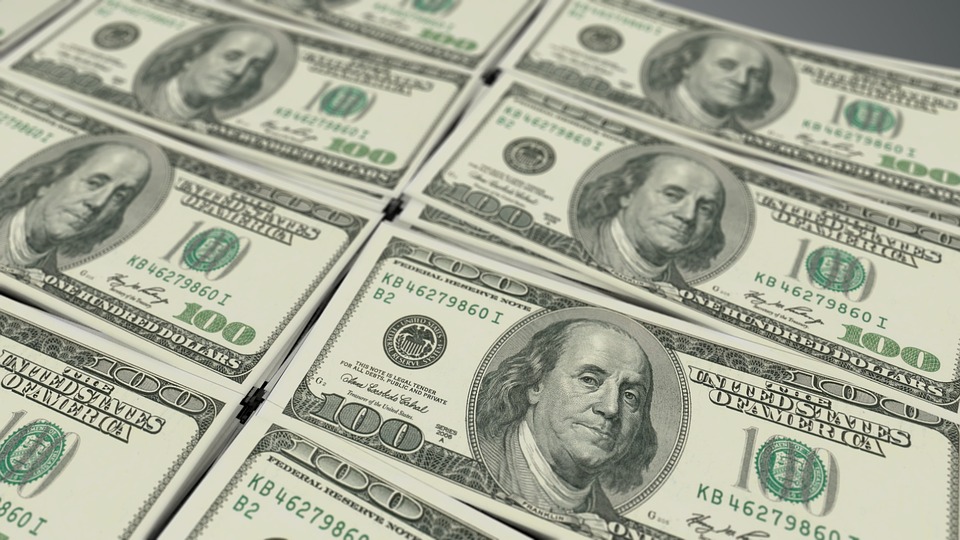A Tale of Two Tax Plans
Wisconsin Policy Forum report compares GOP flat tax with Evers tax plan. Neither may get passed.
A new report compares two proposals for changing the state’s income tax system, one from Republican Majority Leader of the Wisconsin State Senate Devin LeMahieu and another from Democratic Gov. Tony Evers.
The Evers plan, according to the report by the Wisconsin Policy Forum, a nonpartisan think tank, “would make the tax code more progressive” by raising income tax rates on the state’s higher-income residents. LeMahieu on the other hand, is proposing a flat tax rate, with all residents paying 3.25%, which amounts to a 4.4% tax cut for the state’s wealthiest residents.
The report does note that both plans are unlikely to be implemented. “Top GOP legislators have rejected the governor’s proposal outright and the Republican leaders of the Joint Finance Committee have also said they do not think they can approve the flat tax plan as it has been proposed,” it states. But there are no other competing plans that have been proposed, and “The state’s unprecedented budget surplus gives lawmakers and Evers a once-in-a-generation opportunity to overhaul state income taxes.”
Both tax plans would result in a net decrease in tax revenue collected by the state, but the discrepancy between the two is massive. The Evers plan would lead to a $304.7 million decline in tax collection in the first year. The LeMahieu plan would lead to a staggering $4.4 billion decrease in tax collection once fully phased-in, which would be in 2026.
The beneficiaries of LeMahieu’s plan are, by far and away, the state’s highest-income residents. The policy forum estimates the plan would reduce income taxes for the highest income bracket, which is those making $1 million or more, by nearly $108,000. In contrast, the Evers’ plan would increase income taxes for this same group by approximately $40,000.
The Evers’ plan would lower income taxes for every income group up to those making $200,000 a year. Under LeMahieu’s flat tax proposal, the benefits diminish with each step down the income ladder, with the poorest in the state seeing the least relief. The policy forum notes that the Evers’ plan “targets nearly all of its tax relief to those who report an AGI of less than $175,000 a year (for married joint filers).”
Wisconsin does have the eighth-highest top income tax rate (7.65%) in the country. Though, the report also notes “looking at marginal tax rates alone provides only a crude sense of how the income tax systems of different states affect taxpayers of varying income levels.”
When former gubernatorial candidate Tim Michels floated a flat tax proposal during his campaign, a dozen economists from Wisconsin and across the country signed a letter excoriating the proposal and the “disastrous” effects it would have on the state. The economists said Michels’ proposed 3.4% flat income tax rate would decimate the state budget in the first year and create a $3.9 billion budget gap in the second year.
The policy forum does not take a stance in its report and states, “Much of the discussion around these sharply different approaches will center on perceptions of fairness, and both sides will find statistics they can cite to make their case.”
“In the end, the state’s massive surplus provides great potential for change, but also opens up the possibility of overreach,” the report concludes. “Given that most proposed income tax changes are permanent, policymakers run the risk of using this large pool of one-time state funds to cut taxes so deeply that in future years the state cannot sustain current levels of services. For that reason, the debate over income tax cuts cannot be separated from the larger discussion in the coming weeks on broader tax and spending targets at both the state and local level.”
For more detail and comparison of the two plans, read the full report on Urban Milwaukee.
Update: This story has been updated to reflect that LeMahieu’s plan would lead to a net decrease of $4.4 billion in the third year after implementation, not the first.
If you think stories like this are important, become a member of Urban Milwaukee and help support real, independent journalism. Plus you get some cool added benefits.























It seems like they should pass a 10 percent across the board cut to income taxes iregardless of income level.
The problem with a flat tax is how unevenly the burden across income levels. A 3.4% or even a 10% flat tax hurts the most vulnerable hardest. Those with the greatest income actually end up paying less taxes. This is the complete opposite of progressive taxation. Those in the highest income brackets benefit most by federal and state spending. They are able to make use of more federal and states services.
Under a flat tax system the poor and working families will end up supporting the extravagant lifestyles of the wealthiest. The “American Dream,” already on life support, will die.
Oh for pete’s sake!
I am so sick and tired of the rich getting all the tax breaks and increasing their wealth without cause!
Enough already. Tax folks over $500,000.00 per year at a ‘flat’ 40%!
Then decrease the tax rate for the rest of us.
And don’t forget to tax companies. No more Amazons paying absolutely no taxes at all!
I’m tired of rich freeloaders wriggling out of their fair share, go with the progressive taxation structure. Flat taxes are bs that just hide a tax break for high-income households. While you’re at it implement a wealth tax and stock buyback tax for Wisconsin companies too, I’m sick of us never having any money for anything other than tax breaks for the rich like the GOP is always pushing. They benefited from our system the most and got rich or inherited (usually inherited) vast amounts of money so they should pay the most in.